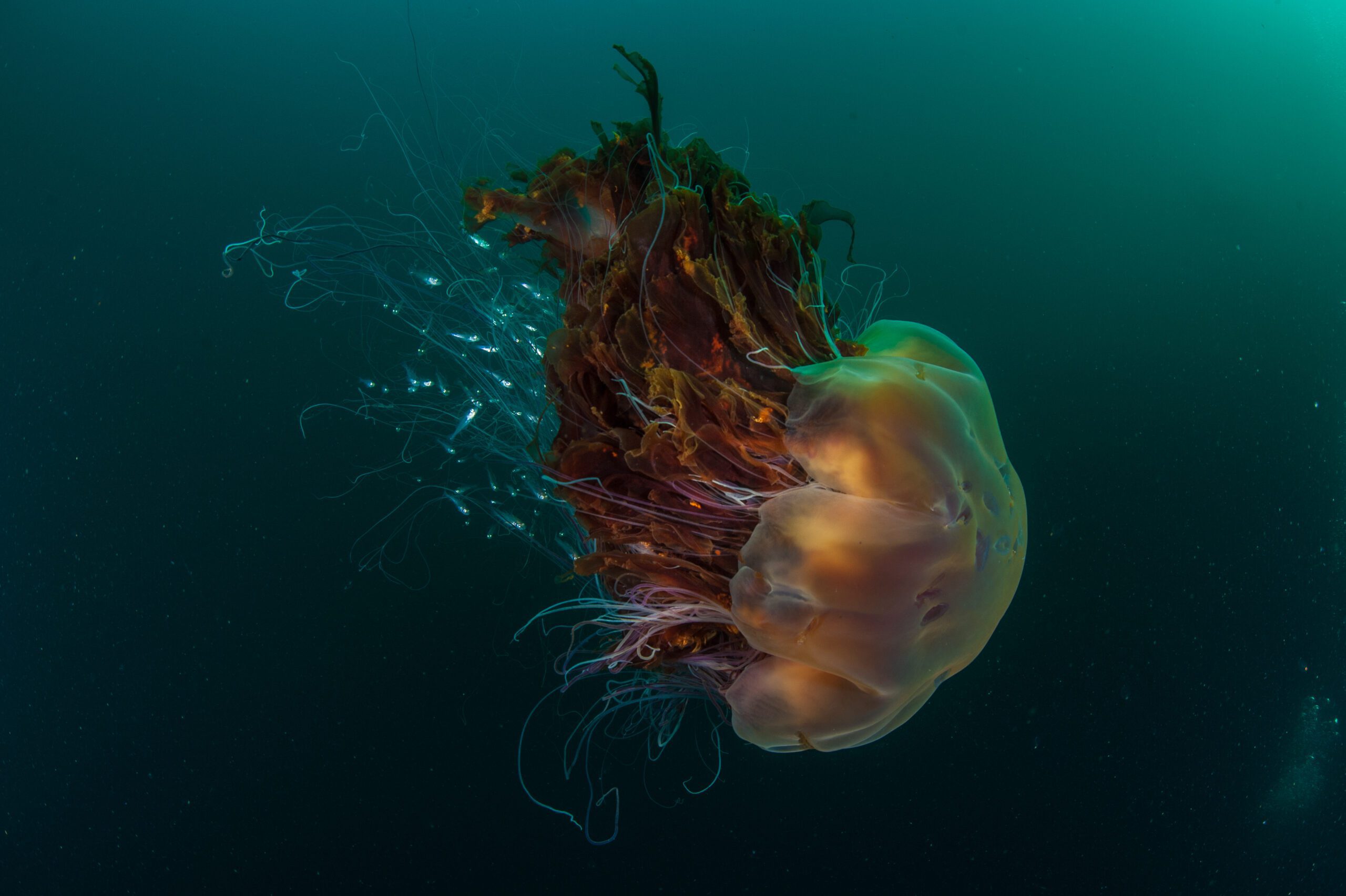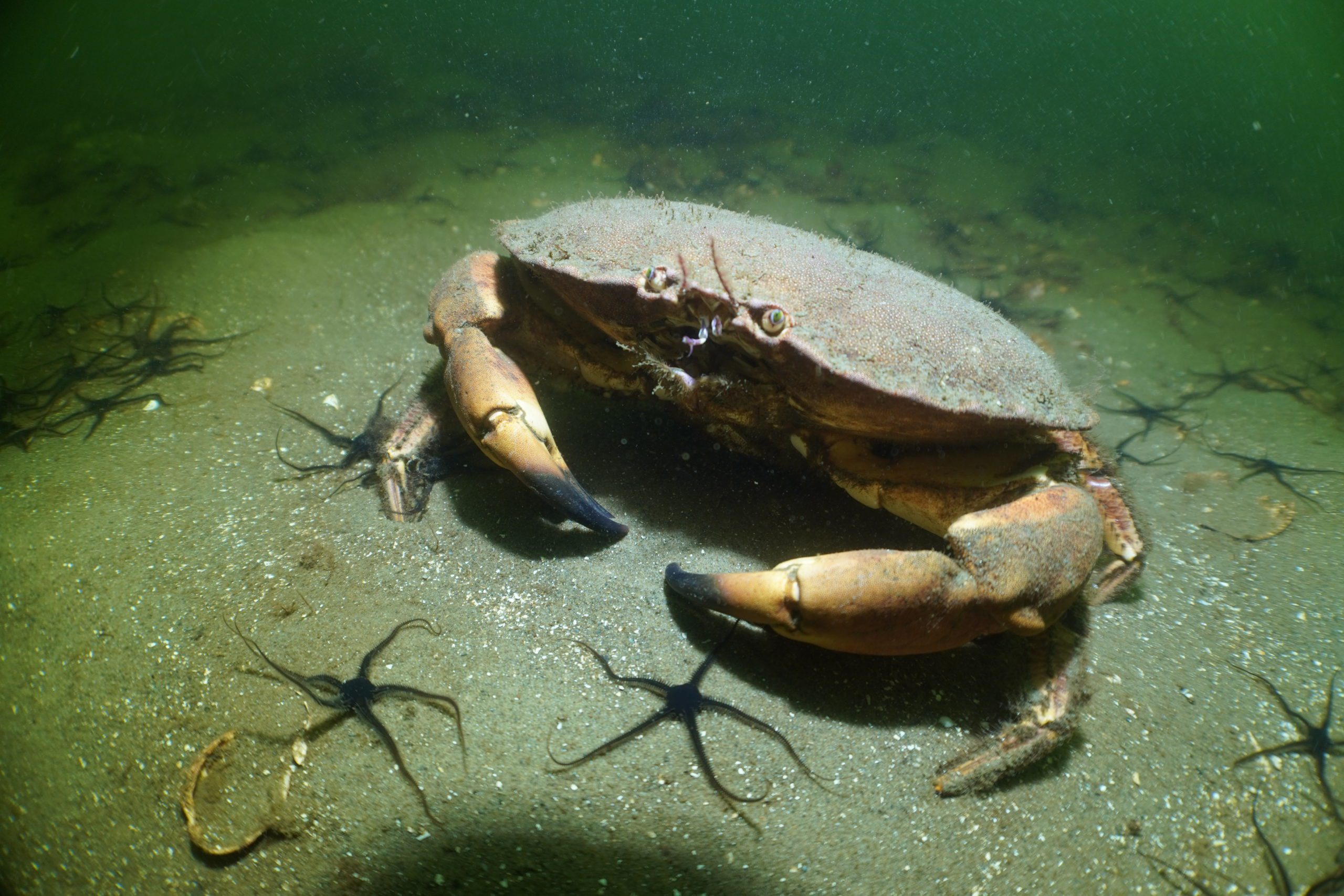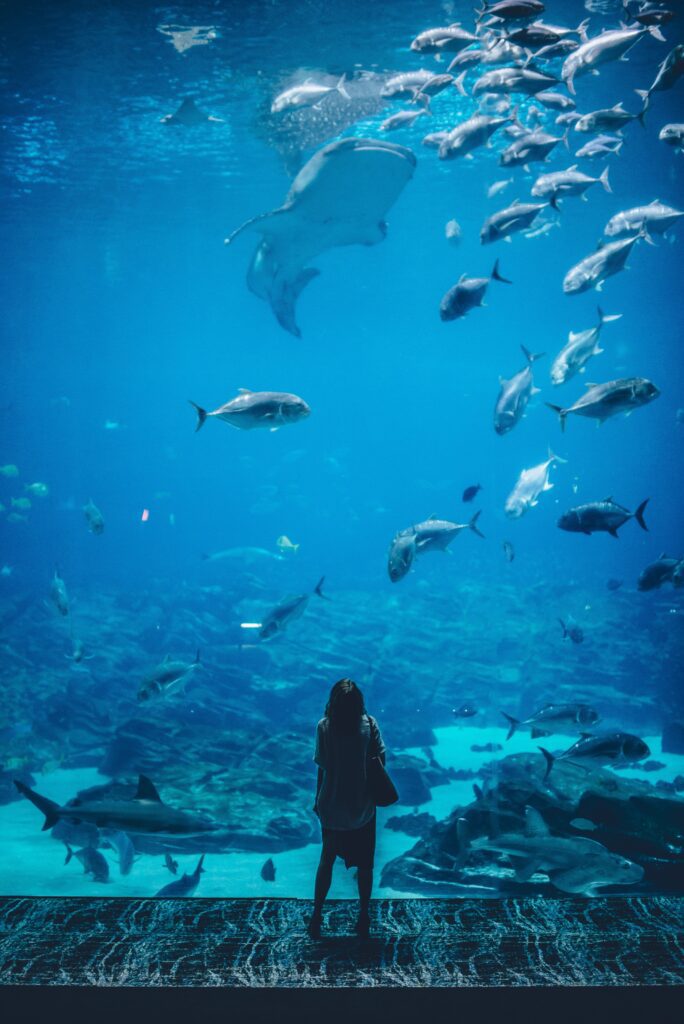
Techniques grouped under the umbrella term of Artificial Intelligence (AI) are being applied across various fields of human activity, with their applications successfully tackling real-life challenges. Evidence of this is seen in the presence of approaches such as, search and optimisation, statistical learning, probabilistic modelling, and uncertain reasoning, which are increasingly used in web search engines, image and speech recognition modules, recommender systems, route planners, automated timetabling / rostering engines, etc. The marine environment is no exception to this, as state-of-the-art AI developments are already having transformational effects in several sectors – for example, environmental monitoring, logistics, resource management, planning and governance.
However, marine scientists might not be in a position to fully benefit from the potential of AI solutions as: they might be unaware of AI techniques specialised in tackling their type of problem / data; they might achieve sub-optimal results when applying/fine-tuning a complex AI solution; or they might struggle to find the right collaborators to work on AI tasks (e.g., given high-demand from other non-marine sectors). This is especially problematic as promising new technologies in marine research and industry produce large amounts of data (images, videos, signals) which either require AI processing or would benefit from it – e.g.: oceanographic data from gliders, high throughput sequencing and eDNA sequencing, active acoustics for biomass and abundance estimation, automated image/video monitoring.

2023: Official creation of the MASTS Marine Artificial Intelligence Forum
Driven by members of the MASTS community, a proposal for the creation of a new Research Forum on Marine Artificial Intelligence was submitted and accepted.
The community is excited about this new addition to the MASTS science landscape and welcomes the newly appointed Steering Group. The Forum will participate at this year’s MASTS Annual Science Meeting with a Special Session on Artificial Intelligence.
2022: MASTS Annual Science Meeting (ASM) Special Session on “AI”

Ciprian Zavoianu
– Robert Gordon University
National Subsea Centre | School of Computing | Net Zero Marine Operations Research Programme Lead | Computational Intelligence (CI) Research Group
Interests: Evolutionary computation algorithms | Combining simulation, optimization and data-driven modelling | Multi-objective evolutionary algorithms used for solving computationally intensive optimization problems
Stewart Massie
– Robert Gordon University
School of Computing | Reader with the Artificial Intelligence and Reasoning (AIR) Research Group | Theme Co-Lead Scottish Informatics & Computer Science Alliance (SICSA) Data Science Research Theme
Interests: Machine learning, information retrieval and data mining technologies | Applied solutions for text, multi-media applications and sensor networks
Tom Wilding
– SAMS
Senior Lecturer in Benthic Ecology and Statistical Modelling | ScotMER Benthic Receptor Group | Former Convenor MASTS Oil & Gas Environmental Research Forum
Interests: Development of novel imaging and eDNA-based approaches to monitoring change, challenging current monitoring and assessment approaches | Interface between research, policy, and regulation | Aquaculture, oil and gas decommissioning and marine renewables
Andrew Sweetman (Heriot-Watt University), Bingzhang Chen (University of Strathclyde), Dafne Eerkes-Medrano (Marine Directorate), Denise Risch (SAMS), Eleanor MacLeod (RGU), Ian Stewart (Heriot-Watt University), Jens Rasmussen (Marine Directorate), Jinchang Ren (Robert Gordon University, National Subsea Centre), John Halpin (SAMS), Jon Chamberlain (University of Essex), Kelly James (NatureScot), Laurence De Clippele (University of Glasgow), Lewis Drysdale (SAMS), Marion Harrald (SEPA), Neda Trifonova (University of Aberdeen), Nicolas Pugeault (University of Glasgow) and Tom Morgan (SAMS).

MASTS was founded in 2009 to be a unique collaboration between marine research organisations, government and industry.
Charity Number: SC045259
Company Number: SC485726



We’re working behind the scenes to bring you a suite of useful, and updateable, resources including:
If you would like to be updated when the resources section is live please let us know.